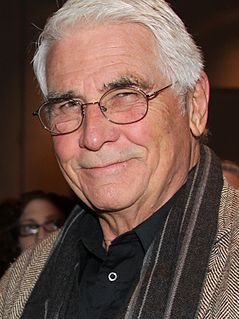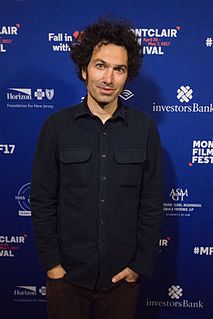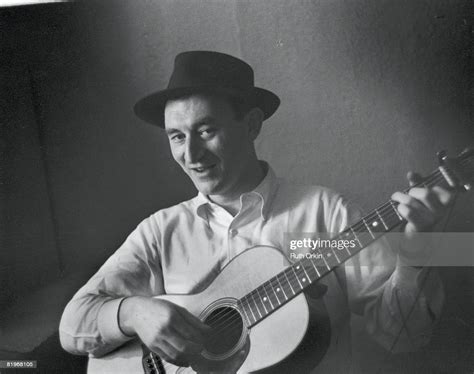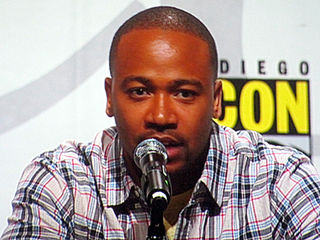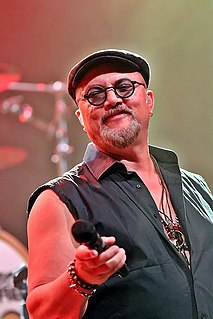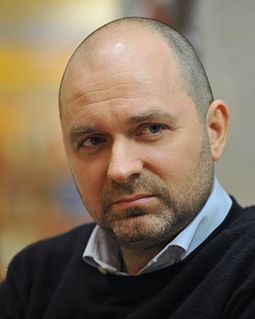A Quote by James Brolin
I almost became a music major, but somehow I was so enthralled with the camera and becoming a director that I stuck with film school and theatrics.
Related Quotes
Film’s thought of as a director’s medium because the director creates the end product that appears on the screen. It’s that stupid auteur theory again, that the director is the author of the film. But what does the director shoot-the telephone book? Writers became much more important when sound came in, but they’ve had to put up a valiant fight to get the credit they deserve.
I went to Oberlin College, and they don't have a film major, but they do have what's called an individual major, where you can sort of pitch to a committee your own course study, and if they approve it, you have essentially just designed your own major. So Oberlin doesn't have a film major; they do have a film minor... And then my spring semester of my junior year, I went off to NYU film school as a visiting student - they have a program for kids from other schools to come in for a semester.
Because the writer must be a participant in the scene, while he's writing it — or at least taping it, or even sketching it. Or all three. Probably the closest analogy to the ideal would be a film director/producer who writes his own scripts, does his own camera work and somehow manages to film himself in action, as the protagonist or at least a main character.
I wanted to be a playwright in college. That's what I was interested in and that's what I was moving toward, and then I had the lucky accident of falling in love with film. I was 19 or 20 that I realized films are made by people. Shooting digitally became cheaper and better. You couldn't make something that looked like a Hollywood film, but you could make something through which you could work out ideas. I was acting, but I was also conceiving the plots and operating the camera when I wasn't onscreen. I got very unvain about film acting, and it became a sort of graduate school for me.
I take bits and pieces from every director. I'd say Sylvain [White] and Nimrod [Antal]. They were more about teaching me lens sizes and depth of field and how to move the camera and lighting. I do want to direct and I didn't go to film school, so having a director that are very much hands on that way and looking to let me learn, that is a key factor.
With a good script a good director can produce a masterpiece; with the same script a mediocre director can make a passable film. But with a bad script even a good director can’t possibly make a good film. For truly cinematic expression, the camera and the microphone must be able to cross both fire and water. That is what makes a real movie. The script must be something that has the power to do this.
Before writing a single note of music, and even before the spotting session, I find it best to sit down with the director and just listen to him or her talk about the film - what they're trying to say, what they want the audience to understand or believe, and a thousand other similar questions. The director has most likely been living with the film for years before a composer is attached, and so the director's inclinations, desires, and understanding of the film are paramount.
